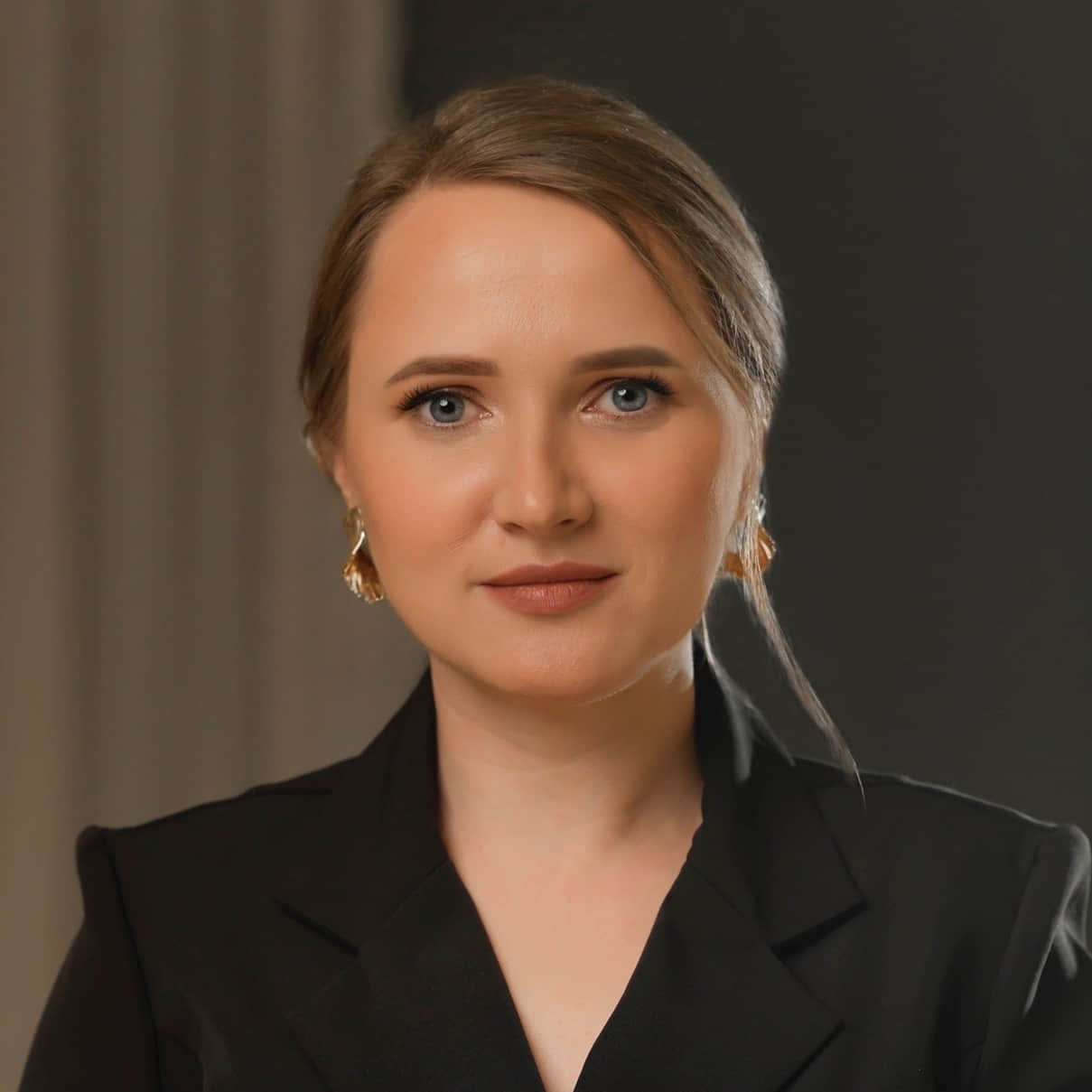“The Government amended Decree No. 884, which regulates the payment of military families in the event of captivity, disappearance or internment. The military can now determine to whom their financial support will be paid in such cases, in particular, it may not be relatives.”, – WRITE: www.pravda.com.ua
The military can now determine to whom their financial support will be paid in such cases, in particular, it may not be relatives.
We believe that this is a logical decision, because the preliminary order of allocation of funds could be unfair. For example, they could claim close relatives who did not live or communicate with the military
Advertising:
Lawyers of the NGO “Legal Hundred”, an organization that has been providing free legal aid for military, veterans and their families since 2014, explain how this innovation works and how to use it.
How to appoint a manager? To do this, it is necessary to draw up a personal order (certified by the commander or notary), which is stored in the personal case.
The money will receive the money every month that the military noted.
The amount of payments will take into account indexation, years of service and current level of security.
If there is no personal order in case of captivity or disappearance, the financial support of the serviceman is distributed as follows:
50% of the total amount of cash security (after mandatory deductions) is distributed equal particles between family members. Namely:
1) wife (husband);
2) legal representatives of minor or minor children;
3) children with disabilities from childhood (regardless of age) or their legal representatives;
4) parents (except those who receive child support or deprived of parental rights, if these rights have not been renewed).
If there is neither a personal order nor persons from the previous list, 20% of cash (also after the law established by law) is distributed equal particles between adult children, siblings and sisters whose legal representatives are servicemen.
You can voluntarily give up their share in favor of another personwhich is entitled to pay. To do this, a notarized application is submitted.
If the refusal is served Without the other person’s indicationthe share is evenly distributed between people who receive payments.
It is important that the application for refusal on behalf of:
- minor, minor children of servicemen;
- incapacitated persons and persons whose civil capacity is limited.
The decision on payment or refusal of payment of cash in writing shall be made known to the applicant within 15 calendar days from the date of submission of the application for payment with the obligatory indication of the grounds in case of refusal.
Amendments to the Cabinet of Ministers of Ukraine dated 14.05.2024 “On approval of the Procedure and Terms of transfer by the serviceman of the original personal order to the commander of the military unit, the commander/head of the unit of the body (service, military formation) for storage in a personal file” were amended.
Personal order consists of in writing, in an arbitrary stylebut with mandatory data.
What should be at disposal? Data on the military:
– military rank;
– name;
– date of birth;
– registered or declared address;
– RKOKPP (taxpayer code) or a refusal mark;
– date and place of assembly.
Who exactly to pay the funds:
– name of persons (persons) who are required to receive payments;
– date of birth;
– address;
– ROCPP or refusal mark;
– phone number;
– Email.
Must indicate:
– What is the proportion Every person will receive cash;
– These payments may concern as captivityso one -time assistance in case of death.
As noted above, the order is signed and certified by the commander or notary and stored in the personal case.
The serviceman has the right to abolish his personal orders at any time. Each new personal order cancels the previous one, which is recorded in each new disposal.
NGO “Legal Hundred” is profile with the issues of payments for relatives and close soldiers who have been captured. Only in April, the hotline where the lawyers of the organization are consulting, processed more than two thousand requests from the military and their loved ones.
Natalia Shmarkolawyer of NGO “Legal Hundred”
A column is a material that reflects the author’s point of view. The text of the column does not claim the objectivity and comprehensive coverage of the topic that rises in it. The editorial board of “Ukrainian Truth” is not responsible for the accuracy and interpretation of the information provided and plays only the role of the carrier. The point of view of the UP editorial board may not coincide with the point of view of the author of the column.
